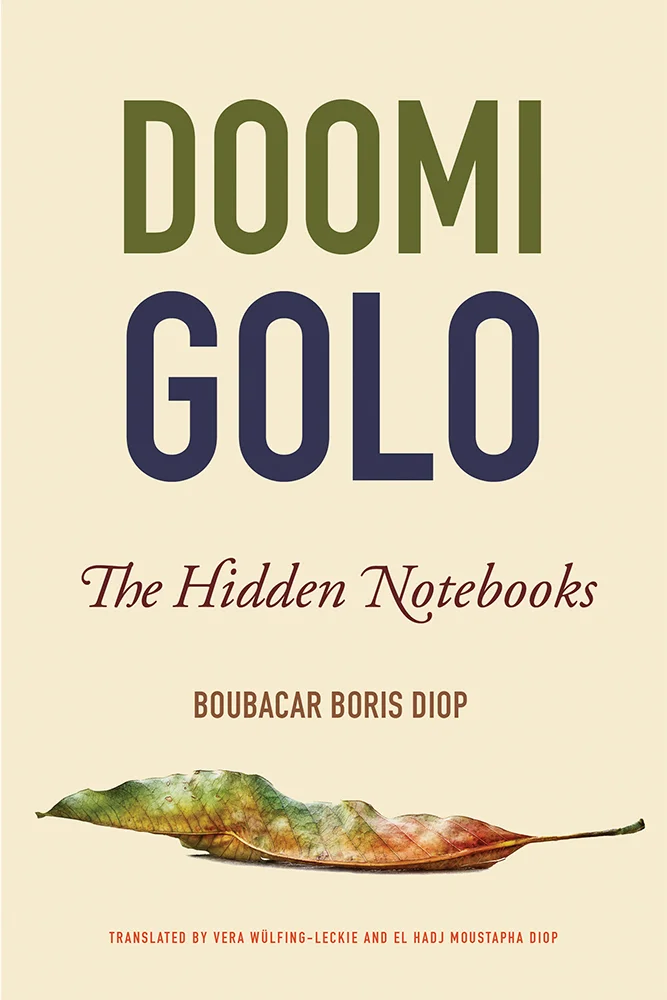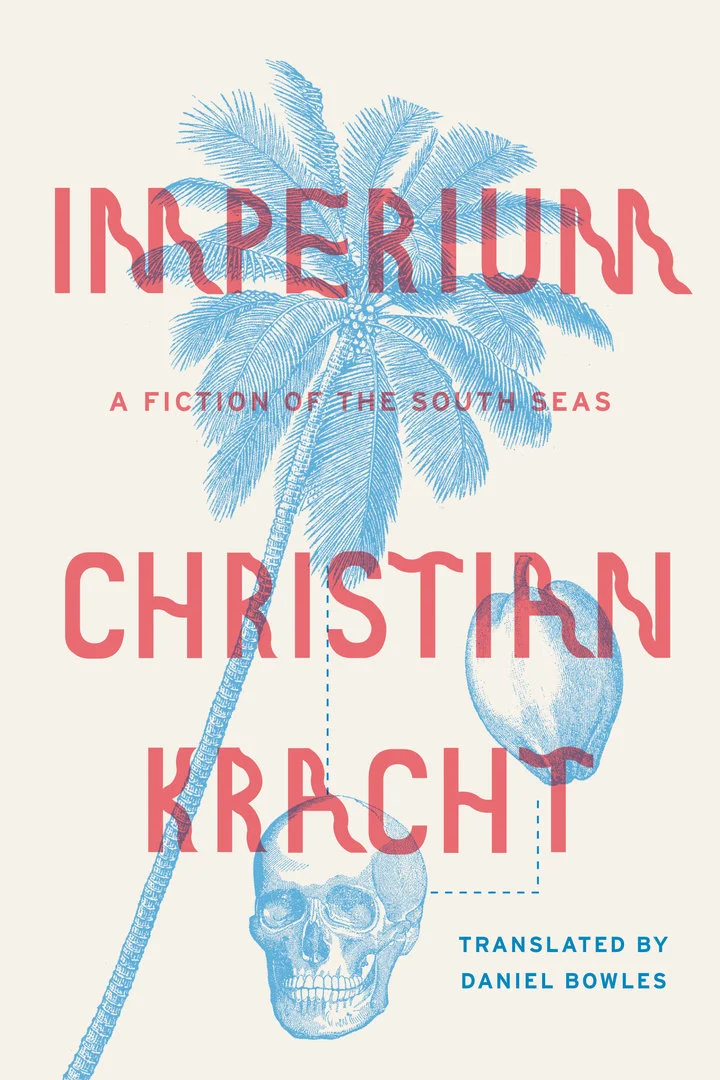Serbia: Dictionary of the Khazars: A Lexicon Novel (Milorad Pavić, trans. Christina Pribicevic-Zoric)
Milorad Pavić (1929-2009) was born in Belgrade as part of family with a long history of intellectualism. He studied literature at the University of Belgrade and then received a PhD in literary history at the University of Zagreb. Pavić’s career began primarily with poetry, but he soon turned to novels and short stories. Pavić’s writing tends to be inventive and on the borders of post-modernism. Throughout his life, he was widely praised for his writing and considered many times for a Nobel Prize. Later in his life, he also taught philosophy at the University of Novi Sad and the University of Belgrade and did some translation work. He died of a heart attack at the age of 80.
Background: By the time the Greeks arrived, the Thracians, Dacians, and Illyrians already inhabited the area. By the 3rd century BC, the Celtis Scordisci tribe had settled as well, forming a small state. In the 2nd century BC, the Romans conquered most of modern-day Serbia. Seventeen Roman Emperors were actually born in Serbia! When the Serbs invaded in the early 6th century, they assimilated with the existing tribes and established the Serbian Principality by the 8th century. The Byzantines and Bulgarians moved in, although the Serbian dynasty held its own until the 1389 during the Battle of Kosovo against the Ottoman Empire. In 1459, the Ottomans fully succeeded in their domination. Serbia briefly regained its independence in the 16th century, but the Ottomans maintained their hold most of the time despite almost constant rebellion. In the 17th century, the region was ceded to the Habsburg Empire under the Treaty of Karlowitz, although the Ottomans and the Habsburgs traded control a number of times until the early 19th century. From 1804-1811, the Serbian Revolution raged, as the Serbs fought for independence from the Ottomans. They slowly gained more and more autonomy, and in 1835 the first Serbian Constitution was adopted. In 1876, Serbia united with Bosnia to declare war on the Ottomans. During the First Balkan War in 1912, the Ottomans were defeated, however Bulgaria turned agains the Serbs in the Second Balkan War. Serbia was occupied by the Central Powers during World War I and suffered heavy losses (58% of the Serbian army perished). After the war, the dictator King Alexander established Yugoslavia. Despite attempts to remain neutral during World War II, Yugoslavia was invaded by the Axis powers, and modern-day Serbian territory was divided amongst Hungary, Bulgaria, Croatia, Italy, and the German military administration. Many Serbs fled to Croatia as the Germans persecuted the Serbs and Jews heavily. Most were deported and murdered. After the war, Yugoslavia was reinstated as a communist state. In 1989, Slobodan Milošović took power, and his policies began to incite tension amongst the various parts of Yugoslavia, leading to its eventual breakup. As ethnic tensions mounted, the Yugoslav Wars (1991-2001) broke out, as Serbs living within Bosnia and Croatia fought to prevent these countries from gaining independence. in 1990, democracy was finally introduced, but there were many protests as well as continued fighting with the Albanians and Kosovenes. Finally, Milošević was forced to resign in 2000, and the region became known as Serbia and Montenegro, an EU member. In 2006, Montenegro became independent, and in 2008 Kosovo claimed its separation as well.
Dictionary of the Khazars is a bizarre novel. It doesn’t have a plot per se, but the book deals with the question of which religion (Judaism, Islam, or Christianity) the Khazar nobility and people converted to in the late 8th/early 9th century. Supposedly, the ruler of the Khazars asked a rabbi, a monk, and a dervish to interpret a dream for him. Whoever had the best answer would get the Khazar people as new converts, but the result of this contest was lost. While the event is a historical one, most of what is described in the book is fictional. The book is divided in three, in the style of an encyclopedia. Each third advocates that the Khazars converted to their religion, with entries that contradict each other across each third. I personally read the book from from start to finish, but it can be read in any order. The novel is portrayed as a reconstruction of a book originally written in the 17th century. It’s a really interesting way to tell a story and even as you remain unsure and off-kilter, there is such an enjoyable quality to the mystery of what happened. It reminds me of Borges, fantastical, mysterious, beautiful in language. I really enjoyed it.





